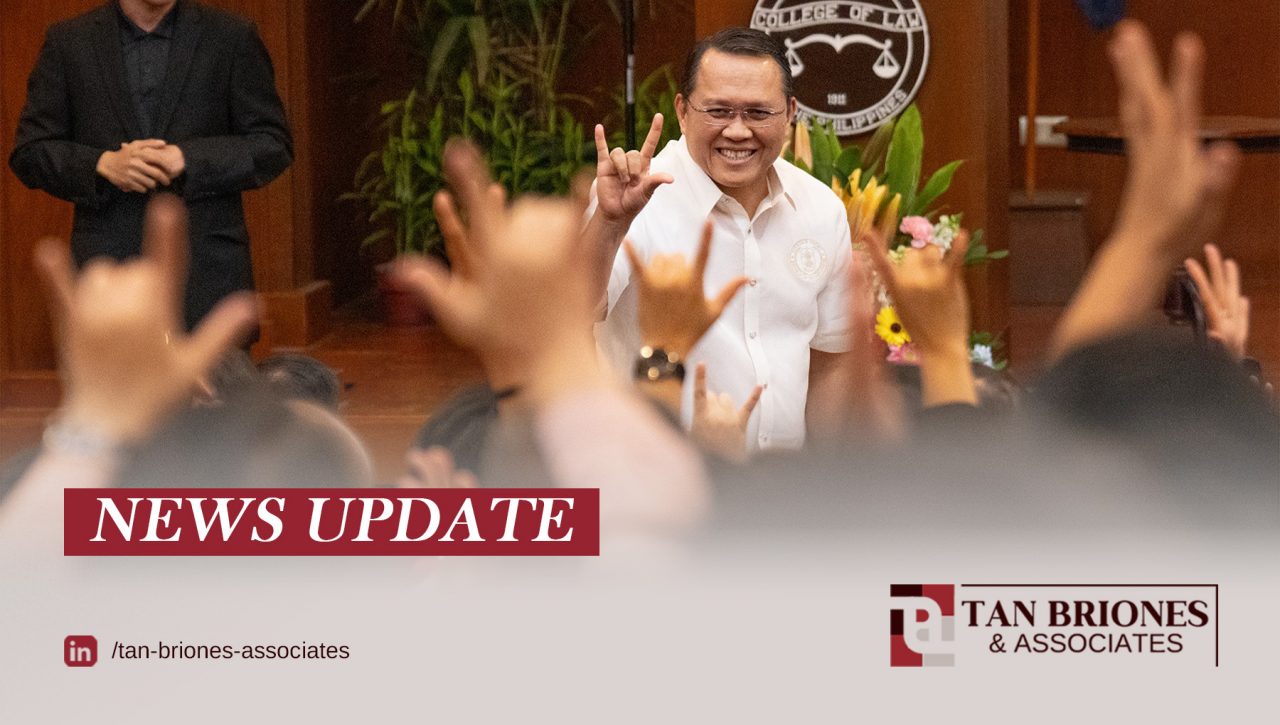
The Supreme Court (SC) is set to institutionalize Filipino Sign Language (FSL) in courts nationwide to eliminate barriers to justice for the d/Deaf community by requiring qualified interpreters in all legal proceedings involving d/Deaf individuals.
The SC introduced the Proposed Rules on FSL Interpreting in the Judiciary during a stakeholder consultation on March 20, 2025, at the University of the Philippines College of Law in Diliman, Quezon City, attended by judges, legal experts, FSL interpreters, and d/Deaf community members.
The FSL Rules, grounded in Republic Act No. 11106, or the Filipino Sign Language Act, will require courts to provide certified interpreters, train personnel, and allocate resources to ensure effective sign language services nationwide.
The rules aim to address the longstanding lack of qualified interpreters, which has resulted in miscommunication, wrongful convictions, and the exclusion of d/Deaf individuals from the legal process.
“Without proper language access, the d/Deaf community faces barriers that may lead to misunderstandings, misinterpretations, or even wrongful convictions,” Chief Justice Alexander G. Gesmundo emphasized in his keynote address.
Senior Associate Justice Marvic M.V.F. Leonen stressed the need to remove barriers that discourage d/Deaf litigants from filing cases.
“Real representation is not possible if litigants are not able to communicate their needs to the court or their counsel, particularly in the language they are familiar with or identify to,” said Leonen.
Meanwhile, Justice Japar B. Dimaampao highlighted the broader significance of the FSL Rules in promoting inclusivity within the justice system, stating, “Language is access, and without it, justice is denied.”
The FSL Rules were developed by the Technical Working Group (TWG) chaired by SC Associate Justice Japar B. Dimaampao, with Associate Justice Jose Midas P. Marquez as vice-chair, in collaboration with the Australian government-supported Fostering Advancement of Inclusive and Rights-Based (FAIR) Justice Program.
This initiative aligns with the SC’s Strategic Plan for Judicial Innovations (SPJI) 2022-2027, which prioritizes inclusivity and accessibility in the judicial system.
Among the concerns raised during the consultation include legal term translations, interpreter funding, and the integration of FSL across different dialects.
According to the SC, further workshops will be conducted to finalize the rules based on stakeholder feedback.
Follow Tan Briones & Associates on LinkedIn for more legal updates and law-related articles.







